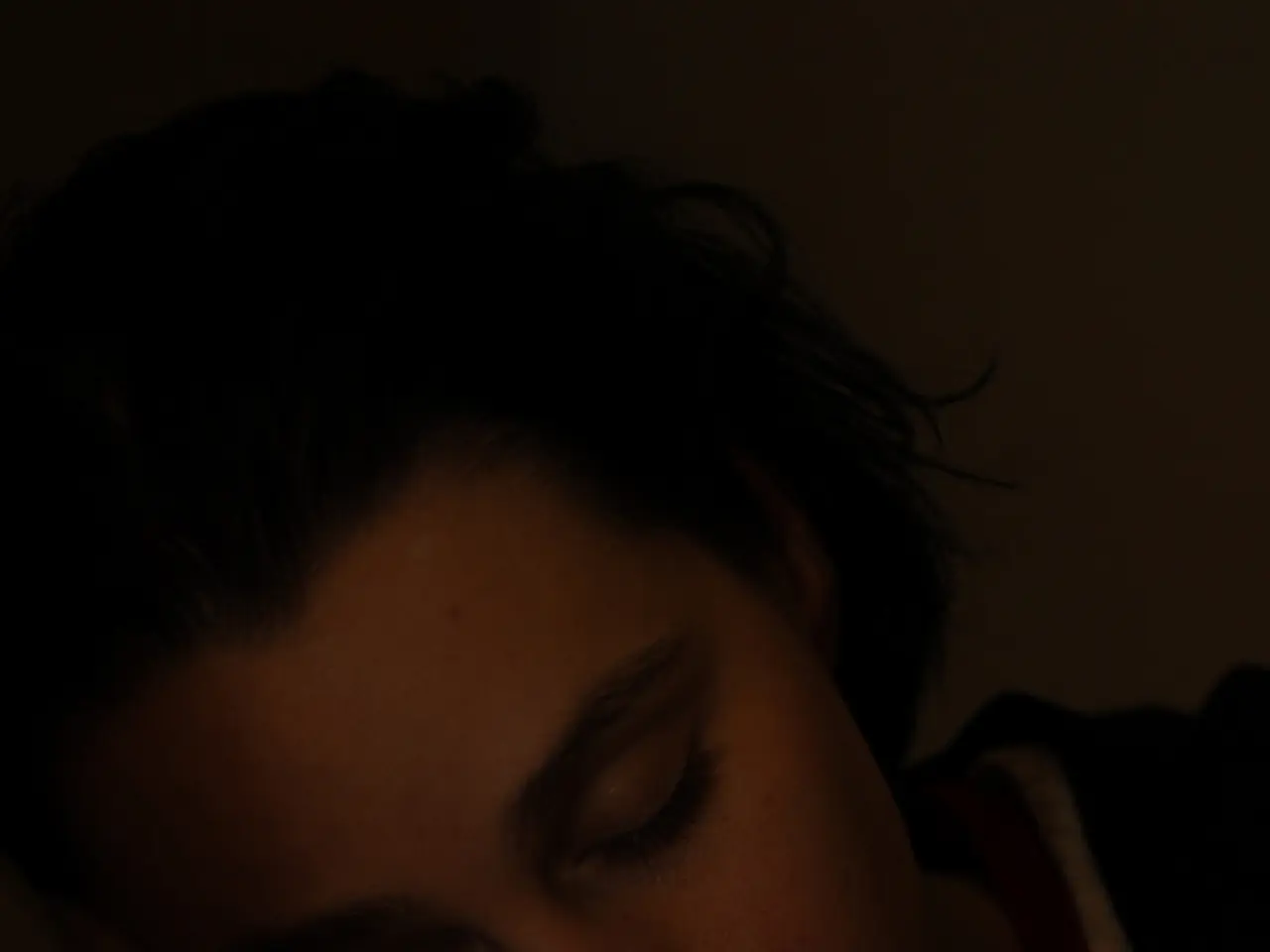Sleep Deprivation and Anxiety: Unraveling the Link
Sleep and anxiety are closely intertwined, with a lack of sleep often contributing to and intensifying mental health conditions like anxiety. According to Dr. Julia Kogan, a health psychologist specializing in sleep and stress, those who suffer from sleep problems often have issues with anxiety.
Daily exercise, such as yoga, is beneficial for both physical and mental health and can help reduce anxiety. By activating the nervous system, exercise can help counteract the effects of a hyperactive nervous system, which can make it harder to fall asleep.
Establishing a bedtime routine, including waking up and going to bed at the same time every day, can also help reduce anxiety and improve sleep. Creating a sleep-friendly environment, such as sleeping in a cool, dark, and quiet room, can further improve sleep quality.
However, when you're not sleeping well, your body releases more cortisol, a hormone associated with stress. This increase in cortisol can then increase anxiety, creating a vicious cycle. Lack of sleep can also amplify reactions in the amyggdala and anterior insula, parts of the brain associated with anxiety.
People who are already prone to anxiety may experience a greater increase in anxiety when they're sleep-deprived. Common disorders associated with insomnia include generalized anxiety disorder, depression, post-traumatic stress disorder (PTSD), and panic disorder. Lack of sleep can contribute to and intensify these conditions.
An increase in nervous system activation can trigger a panic attack in someone at risk for panic attacks. Chronic sleep deprivation can lead to an anxiety disorder. If lack of sleep is still causing anxiety after trying these tips and practicing good sleep hygiene, speaking with a mental health professional or sleep specialist may be necessary.
Sleep therapy, including cognitive behavioral therapy for insomnia (CBTi), can help with anxiety and sleep. By checking in about the things that may keep you awake, such as catastrophic thoughts about sleep, and addressing these issues, it is possible to reduce anxiety and improve sleep.
In conclusion, maintaining good sleep hygiene, practicing regular exercise, and seeking professional help when necessary can help manage the link between sleep and anxiety. By understanding this connection, we can take steps towards improving our mental and physical health.
Read also:
- Peptide YY (PYY): Exploring its Role in Appetite Suppression, Intestinal Health, and Cognitive Links
- Toddler Health: Rotavirus Signs, Origins, and Potential Complications
- Digestive issues and heart discomfort: Root causes and associated health conditions
- House Infernos: Deadly Hazards Surpassing the Flames





